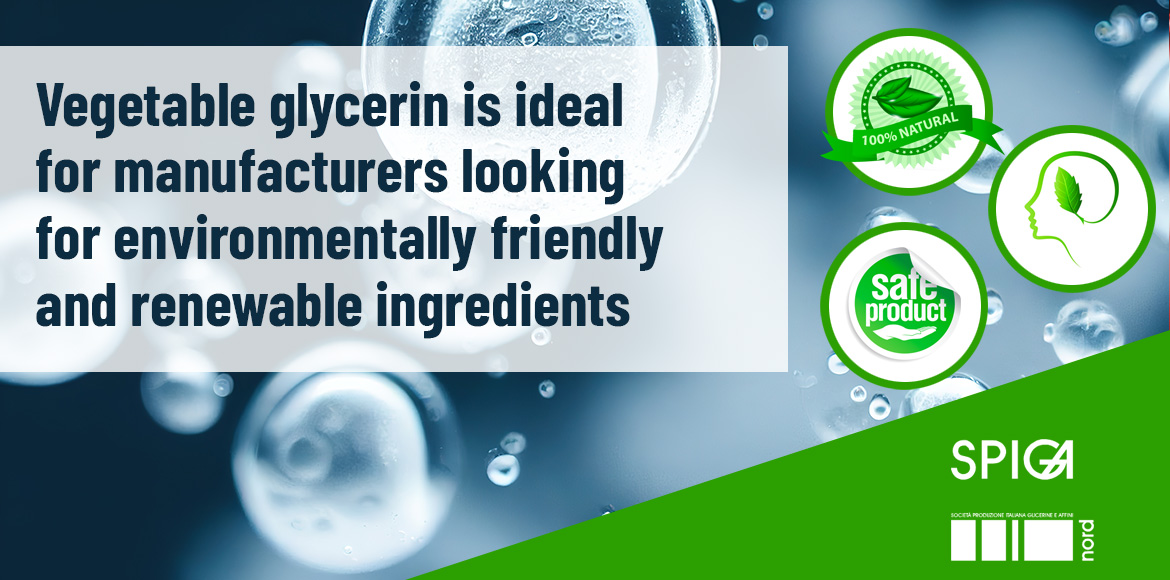Vegetable glycerin is a versatile and valuable ingredient in many industrial applications.
Vegetable glycerin is a viscous, colourless, and odourless liquid mainly produced through the hydrolysis of vegetable oils. This substance is widely used in industrial applications due to its unique properties.
One of the main applications of vegetable glycerin is in the food industry. Industries use it as a food additive, especially as a sweetener, being about twice as sweet as sugar. Additionally, vegetable glycerin has a low glycemic index, making it an ideal choice for people trying to control their blood sugar. Companies use it as a solvent for natural herbal and plant extracts.
Vegetable glycerin is a common ingredient in many beauty and skin care products.
Thanks to its humectant properties, i.e. the ability to retain water, vegetable glycerin can keep the skin hydrated and soft. We use it in creams, lotions, lip balms, soaps and other skincare products. Additionally, vegetable glycerin has soothing and anti-inflammatory properties making it a valuable ingredient for treating skin disorders such as eczema and psoriasis.
Vegetable glycerin helps prevent the formation of bacteria and fungi that can cause odour and infection. In addition to its humectant and soothing properties, vegetable glycerin also has antimicrobial properties, making it a valuable ingredient in the manufacture of cleaning and personal hygiene products. We use it in toothpaste, shampoos, body washes and other bath products.
In summary, vegetable glycerol is versatile and valuable in many industrial applications. Due to its humectant, soothing and antimicrobial properties, factories widely use vegetable glycerol to produce food, cosmetics, personal hygiene and skincare products. Furthermore, its added value in terms of sustainability makes it an ideal choice for producers looking for environmentally friendly and renewable ingredients.

